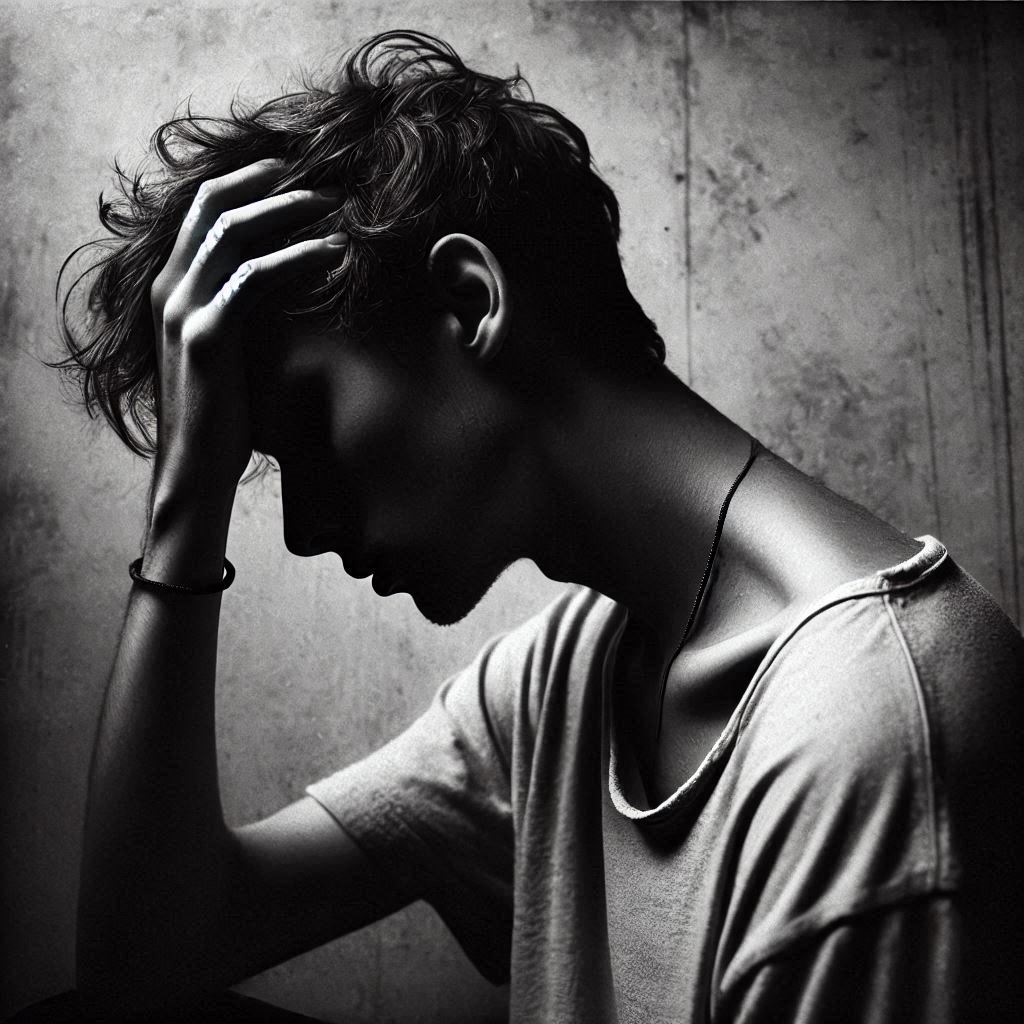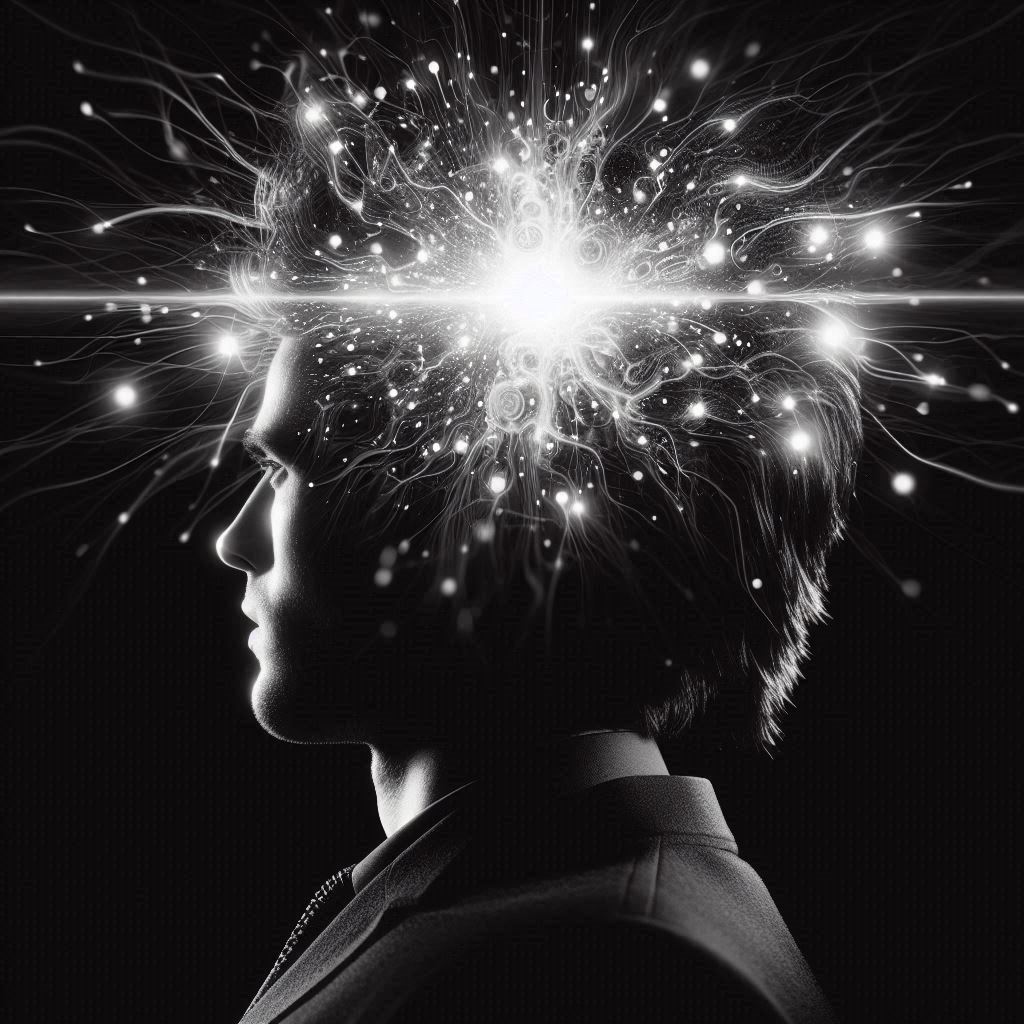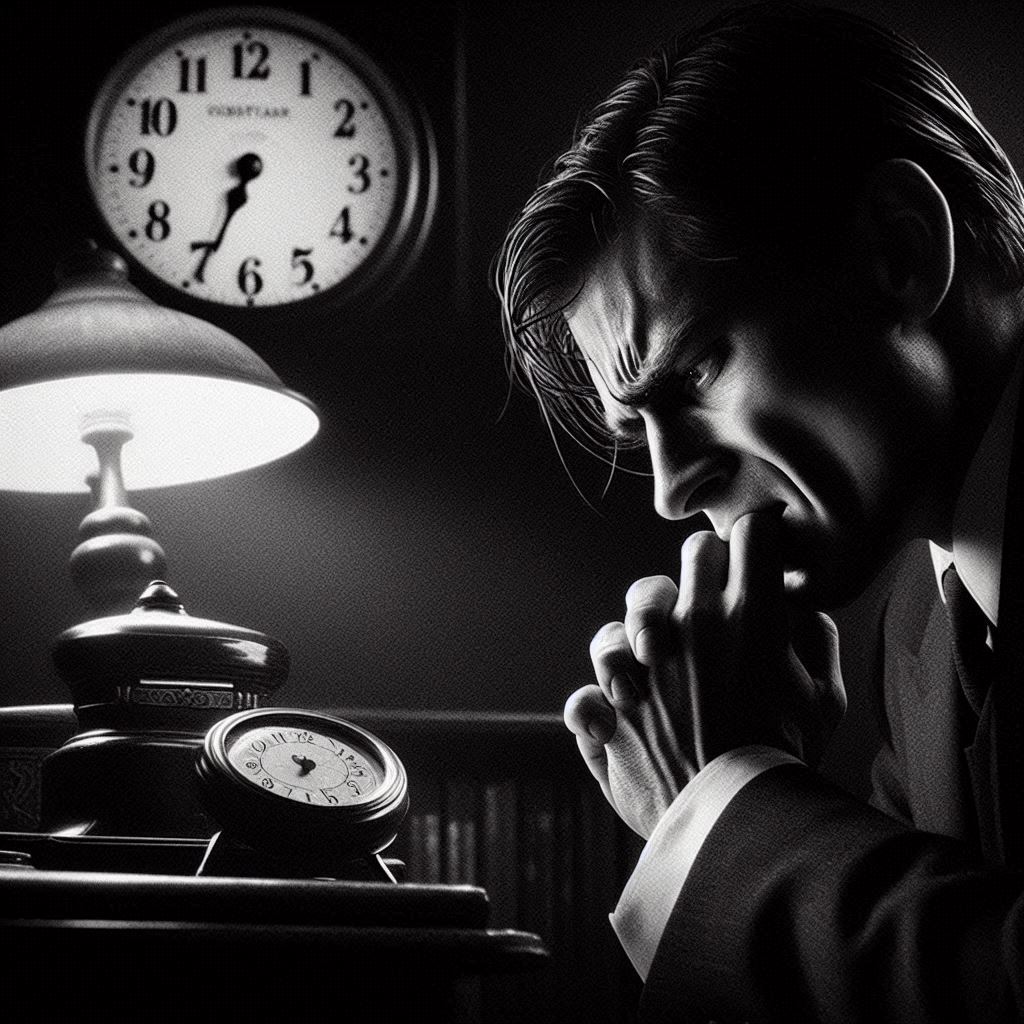Living with social anxiety can be a daily struggle. Whether it’s the fear of meeting new people, speaking in public, or simply walking down a crowded street, the constant worry can be overwhelming. Many people turn to various coping mechanisms to alleviate these symptoms. In this quest for comfort, one might not immediately think of sunglasses as a potent tool for managing social anxiety. However, many individuals have found that wearing sunglasses can provide an unexpected sense of relief and control.
Sunglasses serve as a subtle barrier between the individual and the outside world, creating a feeling of privacy and protection. They reduce visual stimuli and help minimize direct eye contact, which can often be a significant trigger for those with social anxiety. By softening bright lights and shielding eyes from prying gazes, sunglasses can create a buffer that allows individuals to navigate social situations with more ease and confidence.
This introduction sets the stage for exploring how something as simple as a pair of sunglasses might just be an effective tool for managing social anxiety.
Scientific Insights and Psychological Perspectives
Understanding the connection between sunglasses and social anxiety requires digging into scientific findings and expert opinions. Let’s explore what psychologists and researchers have to say about this fascinating link.
Expert Opinions
Many psychologists and mental health experts believe that sunglasses can serve as an effective coping mechanism for social anxiety. Dr. Samantha Boardman, a New York-based psychiatrist, explains that sunglasses act as a “social shield,” providing a layer of emotional detachment that can be comforting for those with anxiety. By reducing eye contact, individuals feel less exposed and can navigate social interactions with more confidence.
Clinical psychologist Dr. Michael Carr-Gregg has similarly noted that reducing visual stimuli can significantly alleviate feelings of anxiety. According to Carr-Gregg, sunglasses can help create a sense of personal space, which is crucial for individuals who feel overwhelmed in social settings. This makes it easier for them to maintain composure and engage in conversations without feeling excessively anxious.
Here are a few key points highlighted by experts:
- Emotional Detachment: Sunglasses create a barrier that helps people feel emotionally distanced from social interactions, thereby reducing stress.
- Reduction of Eye Contact: Minimizing eye contact can decrease feelings of vulnerability and exposure.
- Enhanced Personal Space: Feeling less visually stimulated can help individuals feel more in control of their surroundings.
Relevant Studies
Scientific studies have also explored the relationship between sensory processing, social anxiety, and the use of sunglasses. Research published on the National Center for Biotechnology Information (NCBI) highlights that individuals with social anxiety often have heightened sensory processing sensitivity. This means they can easily become overwhelmed by visual and auditory stimuli.
One noteworthy study found that people with social anxiety exhibited more significant responses to sensory stimuli compared to those without the disorder. This heightened sensitivity makes them more prone to anxiety in visually stimulating environments. By wearing sunglasses, sufferers can filter out some of these stimuli, enabling them to remain calmer and more collected.
Additional research in the field of sensory integration also supports the use of sunglasses to manage sensory overload. A study published by Sensory Integration Education discusses how sensory processing can impact anxiety levels. It suggests that tools such as sunglasses can help modulate sensory input, thereby reducing anxiety.
The key insights from these studies include:
- Heightened Sensory Sensitivity: Individuals with social anxiety are more sensitive to sensory inputs, including light and visual stimuli.
- Reduction of Sensory Overload: Sunglasses can help filter excessive stimuli, thereby reducing anxiety.
- Improved Coping Mechanism: Using sunglasses as a tool can improve the ability to navigate social settings with reduced stress.
By leveraging both expert opinions and scientific findings, it’s clear that sunglasses offer more than just a respite from the sun; they can be a crucial tool for individuals dealing with social anxiety.
Real-Life Examples and Testimonials
Hearing real-life experiences from both celebrities and everyday individuals can provide a comforting sense of solidarity and prove that the relief provided by sunglasses is not just theoretical. Let’s explore how some well-known figures and ordinary people use sunglasses to manage their social anxiety.
Celebrity Experiences
Many celebrities, who often seem confident and at ease in the public eye, also struggle with social anxiety. One notable example is Dave Bautista, the former WWE wrestler turned Hollywood star.
Bautista has openly shared his struggles with social anxiety and how he uses sunglasses as a coping mechanism. In an interview with Men’s Health, he revealed that he wears sunglasses during red carpet events and other public appearances to help manage his anxiety. Bautista describes his sunglasses as a “pacifier” and says they provide a sense of security in overwhelming situations.
He explains, “When I was a kid, you had a pacifier. Now, big bulky sunglasses are my pacifier. It’s a therapeutic thing for me.” Bautista’s experience is a testament to how even successful and seemingly confident individuals find comfort in wearing sunglasses to shield themselves from the pressures of constant public scrutiny.
Another insightful story shared by FandomWire, highlights how Bautista struggled with social anxiety throughout his life and found a unique and stylish way to manage it. His choice of large, ski-goggle tinted sunglasses not only serves a practical purpose but also adds to his public persona.
Personal Stories from Everyday Individuals
It’s not just celebrities who find solace in wearing sunglasses; many everyday individuals have shared how this simple accessory helps them cope with social anxiety. Let’s look at some personal stories and testimonials from people who have shared their experiences on forums and social media.
One user from a Reddit thread shared, “As someone who sometimes suffers from low-grade social anxiety, especially when people are around me, just wearing sunglasses helps me feel more at ease. It’s like I have a tiny shield on.”
Another member of the Mental Health Forum mentioned, “Sunglasses have several benefits: they greatly relieve social phobia. I find that when my eyes are hidden, I don’t feel as exposed and anxious in public spaces.”
On the Social Anxiety Support forum, a user noted, “Dark sunglasses are my go-to. They make me feel invisible in a way, and help me focus on what’s ahead rather than who might be looking at me.”
These testimonials highlight that wearing sunglasses can act as a psychological buffer, giving individuals the confidence to engage with their surroundings without feeling overwhelmed by direct attention or visual stimuli. It’s a simple yet effective tool that many people have discovered through personal experience.
By understanding that both celebrities and everyday individuals use sunglasses to cope with social anxiety, it becomes easier to see how this practical accessory can make a significant difference in managing these feelings.
Practical Tips for Using Sunglasses to Manage Social Anxiety
It’s surprising how much a simple accessory like sunglasses can help manage social anxiety. This section offers practical tips on how you can incorporate sunglasses into your daily life to ease your anxiety.
Choosing the Right Sunglasses
Choosing the right pair of sunglasses can make a big difference in reducing social anxiety. Here are some tips to help you select a pair that is both comfortable and effective:
- Comfort is Key: Make sure the sunglasses fit well and don’t squeeze your head or slide down your nose. Comfort is essential for all-day wear.
- Dark Lenses: Opt for sunglasses with darker lenses to reduce bright light and minimize exposure to visual stimuli. Dark lenses can make you feel more isolated from your surroundings, which can be comforting.
- Quality Matters: Invest in high-quality sunglasses with UV protection. This ensures that you’re not only protecting your eyes from the sun but also getting the best visual comfort.
- Polarized Lenses: If possible, choose sunglasses with polarized lenses. These can help reduce glare and improve visual clarity, making you feel more in control.
- Stylish Choices: Pick a style that you feel confident in. The psychological boost of wearing something you feel good in shouldn’t be underestimated. You might want to look into ways to reduce social anxiety with sunglasses to find styles that suit your personality and needs.
Situations Where Sunglasses Can Be Most Helpful
While sunglasses can be beneficial in many scenarios, some specific situations might call for them more than others. Here’s a list of situations where sunglasses might be particularly helpful in managing social anxiety:
- Social Gatherings: Whether it’s a large party or a small get-together, social interactions can be a source of anxiety. Wearing sunglasses can help you feel less exposed and more at ease.
- Public Transportation: Crowded buses and trains can be overwhelming. Sunglasses can create a sense of personal space and reduce the stress of being in close quarters with strangers.
- Outdoor Events: Concerts, festivals, and outdoor markets can be visually stimulating. Sunglasses can soften the impact of bright lights and large crowds, making these events more enjoyable.
- Speaking Engagements: If you need to speak in front of a group, sunglasses can help by reducing direct eye contact, which is often a major anxiety trigger.
- Busy Streets: Walking down a crowded street or through a bustling mall can be daunting. Sunglasses can act as a barrier between you and the many faces around you, helping you focus on your own path.
- Workplace Interactions: If you work in a bustling office environment or have regular meetings, wearing sunglasses during breaks can give you a moment of reprieve and reduce overall anxiety levels.
For more insights on this topic, check out the experiences shared by users who found that sunglasses alleviate social anxiety in numerous situations.
By understanding how to choose the right sunglasses and knowing when to use them, you can effectively incorporate this simple tool into your daily routine to manage social anxiety.
Potential Drawbacks and Considerations
Sunglasses can be a useful tool for managing social anxiety, but it’s important to consider some potential drawbacks and limitations. Understanding these can help maintain a balanced approach.
Dependency Concerns
While sunglasses can provide immediate relief from social anxiety symptoms, there’s a risk of becoming too reliant on them. Imagine relying on a crutch even when your leg has healed – you might never regain full strength. Similarly, over-relying on sunglasses can prevent you from developing other coping mechanisms.
- Balance Other Strategies: It’s essential to use sunglasses as part of a broader strategy for managing social anxiety. Techniques such as cognitive behavioral therapy, mindfulness, and gradual exposure to anxiety-inducing situations can be effective.
- Risk of Avoidance: Overuse might lead to avoidance behavior where you rely exclusively on sunglasses instead of learning other ways to manage anxiety. This can limit your ability to adapt to different situations without them.
Striking a balance is key. Sunglasses should complement other tools and strategies rather than replace them completely. They’re a helpful assistant, not a solution on their own.
Social Perceptions and Etiquette
Wearing sunglasses can significantly impact how others perceive you and may not always be appropriate in every setting. For instance, in dimly lit environments like classrooms, meetings, or social gatherings, sunglasses might appear unusual or impolite.
- Social Etiquette: In certain cultural or social contexts, wearing sunglasses indoors can be seen as disrespectful or evasive. It may lead to misunderstandings or unintended social isolation.
- Misinterpretation: Others might misinterpret your need for sunglasses. For example, they may think you are aloof, disinterested, or hiding something. This can affect personal and professional relationships.
Think about the context and setting when deciding to wear sunglasses. For example, in formal settings, try to ease your anxiety through other means or limit sunglass usage to appropriate times and places.
By understanding these potential drawbacks and limitations, you can better navigate the complexities of using sunglasses as a tool for managing social anxiety. Using them thoughtfully can enhance their benefits without leading to unintended negative consequences.
Conclusion
Sunglasses offer a surprisingly effective solution for managing social anxiety. By serving as a visual buffer, they help reduce the intensity of eye contact and minimize visual stimuli, which can be overwhelming for those with heightened sensory sensitivity. This simple tool can create a sense of personal space and emotional detachment, enhancing comfort and confidence in social settings.
However, while sunglasses can be a valuable aid, they should complement, not replace, comprehensive mental health strategies. Combining their use with other techniques like therapy, mindfulness, and gradual exposure to anxiety triggers can lead to more robust and lasting improvements. Embracing sunglasses as part of a multifaceted approach can significantly alleviate social anxiety, allowing individuals to engage more freely and confidently with the world around them.








